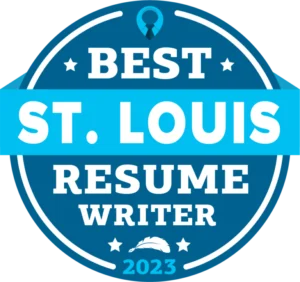


Door Opening Resumes Are KEY
A resume provides a potential employer a focused look into your past jobs and desires to improve your current position.
- There is a science to writing effective resumes that get more than a cursory glance.
- Resumes are the first of multiple anchors to set in gaining access to new opportunities.
- Watch our video As Seen on FOX 2 NEWS. You will get it, immediately.
Let's Make Your
Resume Shine
One of the most difficult endeavors is writing your own cover letter and resume. It’s very challenging to get outside yourself, set emotions aside, and be objective about your true value to a company.
Ask Yourself... Why should they hire me?
If your resume isn’t generating as much interest as you had hoped, it could be that your resume isn’t marketing your key selling points. Employers want to know what you have accomplished and what makes you different from the other hundreds of resumes in their pile.
When we meet with you and get to know you, it is amazing what we can extract from our meeting to make your cover letter and resume “wow” the person reading it. When done right, your future employer will want to speak with you right away and set the wheels in motion to launch your new career!
Your cover letter is the very first thing a potential employer sees. It is truly their first impression of you. It tells them everything they need to know about how your skills and experience match what they need as well as the value you can bring to their organization.
When you read it, ask yourself – would you hire YOU?
Most of the time, that answer is, “Not based on what I’m reading.” With our help, we can create a cover letter and resume that are cohesive and organized. Together, we will sell your must-have skills and experiences and market you as a unique, valuable individual that shouldn’t be overlooked. Your resume will no longer be going into the Hiring Manager’s “circular file.”
Let's fire up that resume and ignite your career!
To learn more, sign up for our free Career Consultation. We can’t wait to meet you and help you launch your career!

